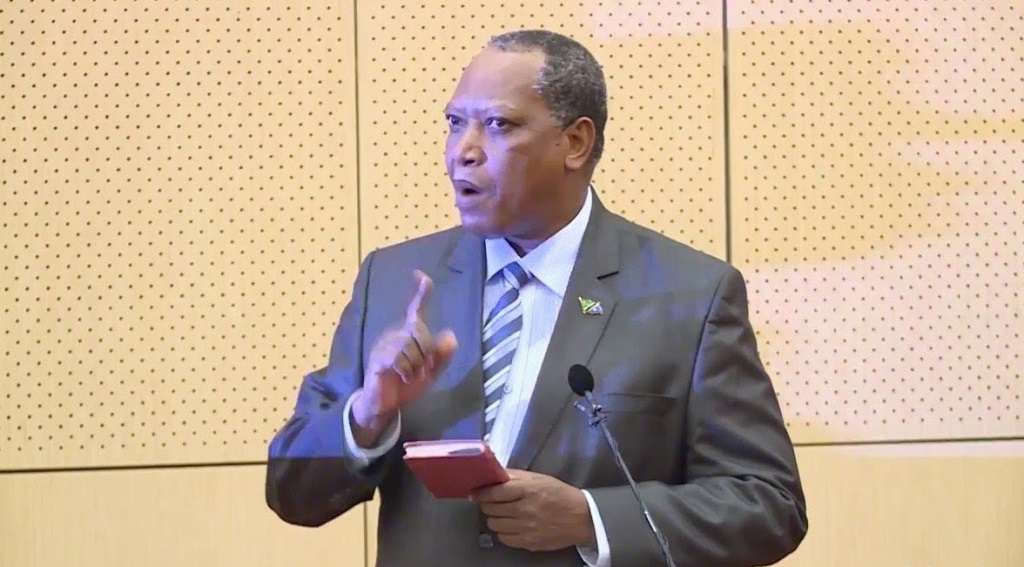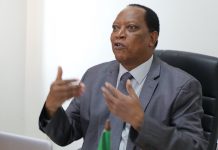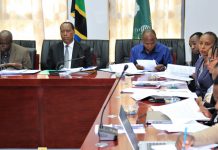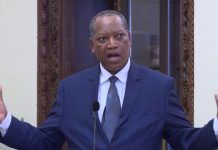MINISTER for Affairs and East African Cooperation, Prof Palamagamba Kabudi, yesterday announced that extraduty allowance and salary increment at the ministry and embassies would remain frozen for a year, following the government’s strategy to raise funds for development projects.
Addressing the Workers’ Union Council, which targets, among other things, to review the ministry’s proposed budget and expenditure for the 2020/21 fiscal year, he directed the council to come up with new sources of making money besides visa payments.
However, Prof Kabudi noted that there had been challenges to address, where some staff at all embassies were receiving minimal payments to sustain them.
“But I want to assure you that there are cordial relations at the embassy and the staff members are happy…this time we need to sacrifice. We must fasten our belts as the government invests in largescale projects,” he said.
The minister further said the sacrifice would have an enormous impact for 100 years to come on them as well as other citizens, identifying them as the construction of the Standard Gauge Railway from Dar es Salaam to Singida’s Makutupora, the revival of the flagship airline- Air Tanzania Company Limited (ATCL) and the provision of free education as well as the construction of Nyerere Hydropower Project, among other things.
“Tanzania is strategically located and connects landlocked countries to the Indian Ocean. Hence, improving our infrastructure will have a multiplayer effect on our economy,” he said, while advising the council to deliberate on new sources of revenue, and suggested that the staff should only be paid whenever necessary.
During the 2019/20 fiscal year, the ministry targeted to collect 2.5bn/- from its sources, but the minister suggested that the goal could be surpassed if the ministry would diversify other means of generating income.
He said the government under Mwalimu Julius Nyerere managed to acquire land in prime locations in foreign countries, which if developed well would also increase revenue collection.
“In Lusaka, we have eight plots that if we build structure can help us get funds to run our embassy. In the US we have been informed that if we rent the Washington Tanzania House it could help generate $800,000 annually,” he noted.
The minister said the plan would only work if all stakeholders cooperated.
He recalled the incidence that occurred in Ethiopia, where a civil servant got into a dubious deal that could cost the government billions of shillings. The matter, however, is still under investigation.
“This has been a wakeup call and I want all institutions under the ministry to abide by laws, rules and regulations to prevent mismanagement,” he added.
Mr Mohammed Hamza, a member of the council assured the minister that the ministry’s staff were aware of the government’s directions, adding that they would work towards the realisation of the national development vision 2025.
Tughe National Deputy Secretary General Aman Msuya was concerned, however, that some staff members were reluctant to join the council.







